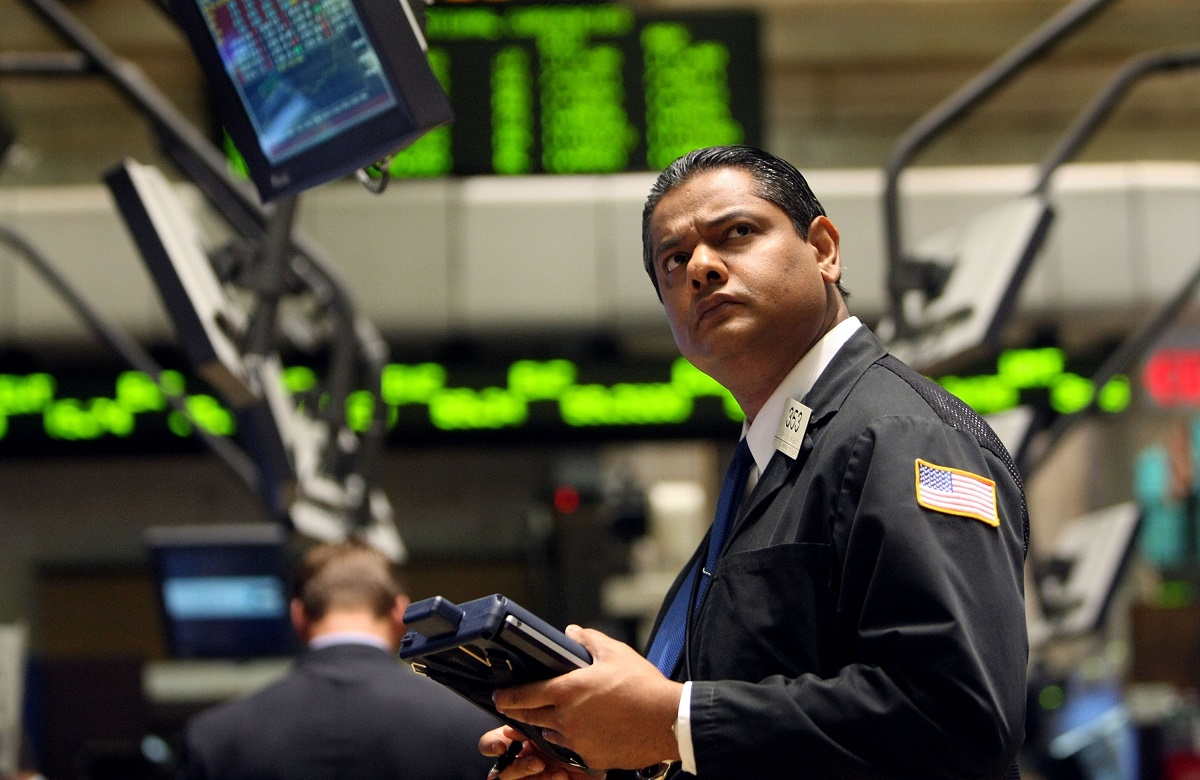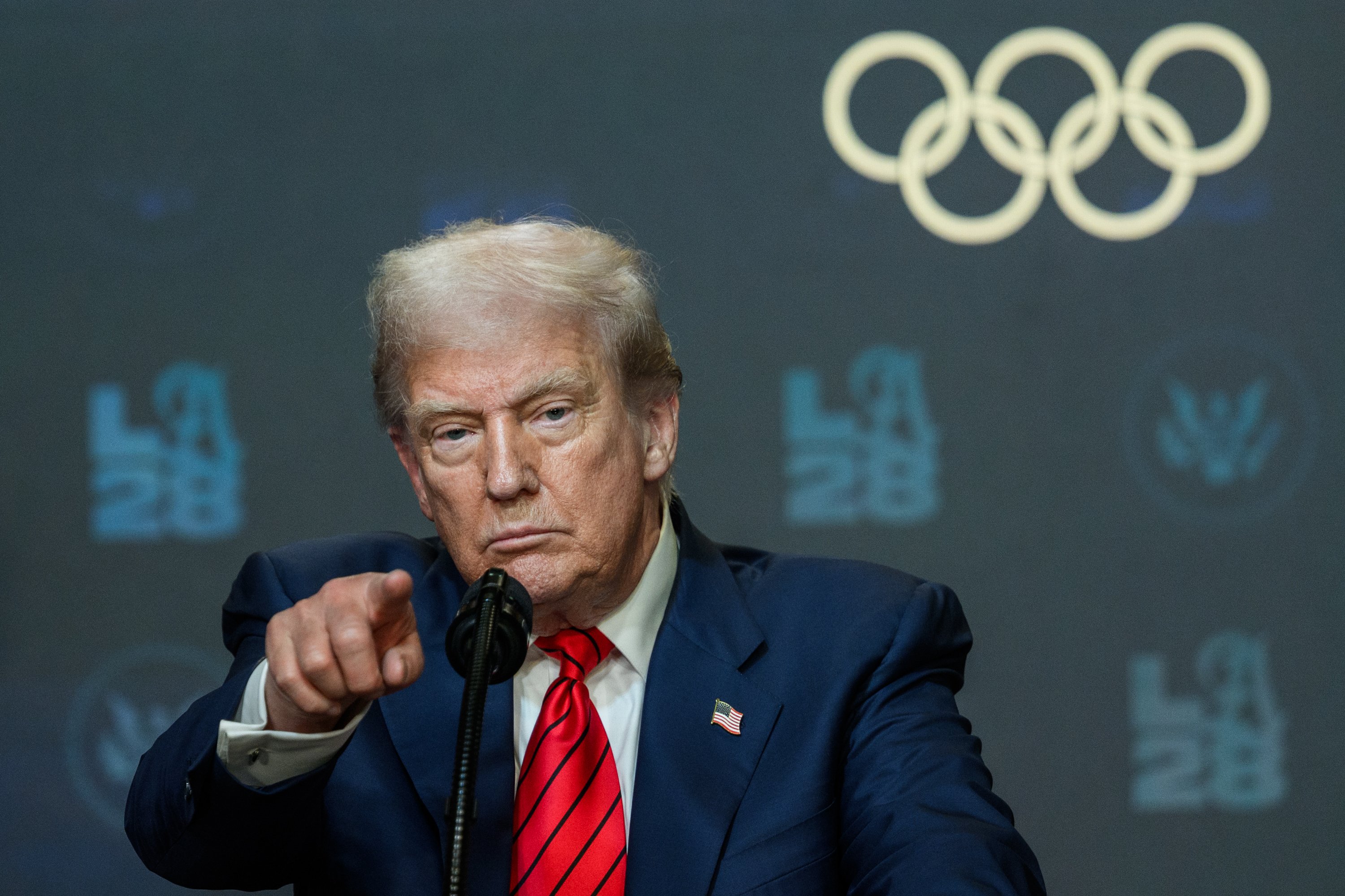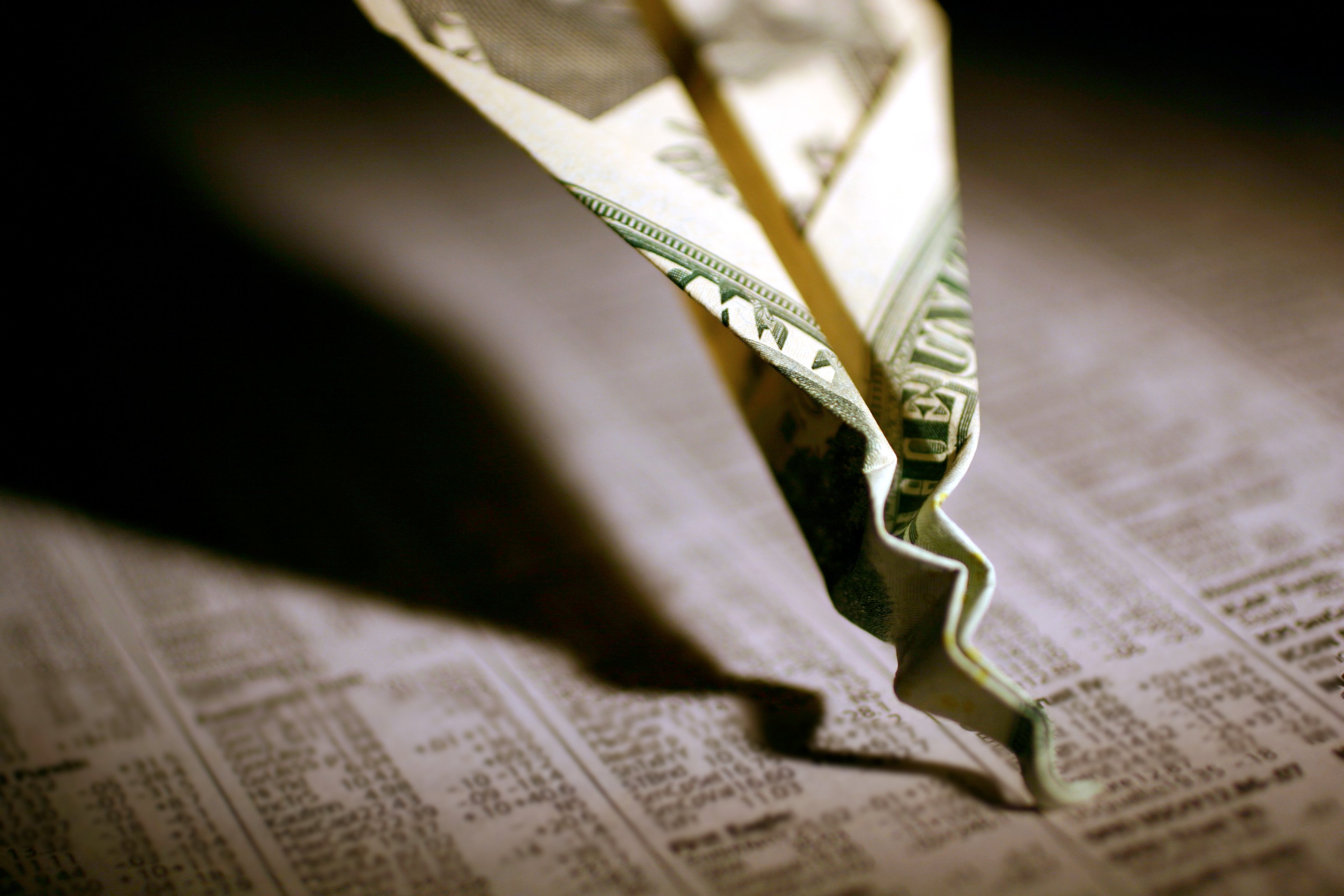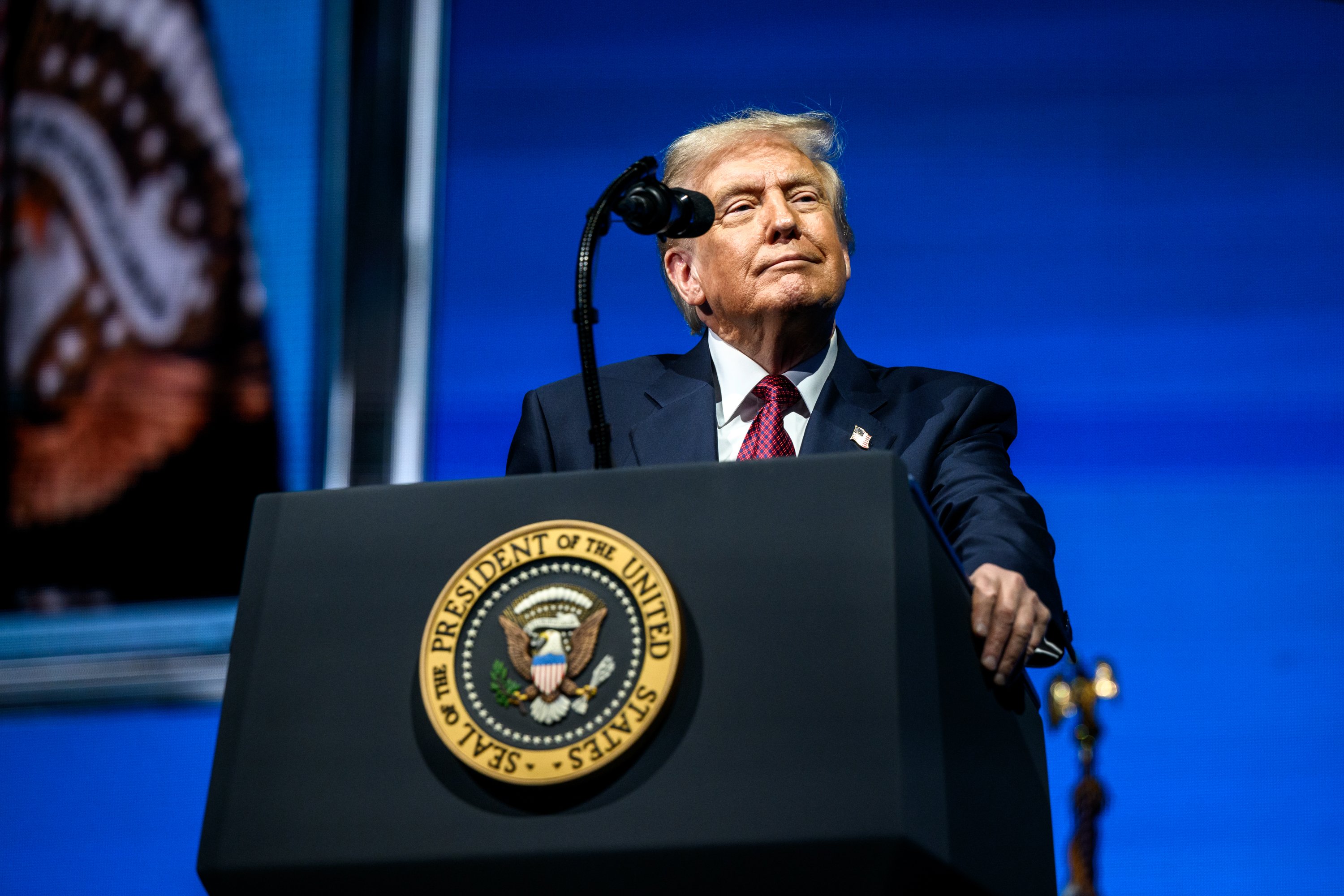The S&P 500 (^GSPC 0.06%) crashed when President Donald Trump unveiled sweeping tariffs earlier this year, but the broad-based index has since staged a tremendous comeback, advancing 16% year to date. The S&P 500 is currently on pace for its third consecutive year of double-digit gains, something that has happened only twice this century.
However, the question about whether the president exceeded his authority now sits before the Supreme Court, which is expected to issue a ruling by January. Will the stock market soar if the justices reject Trump's tariffs?

Image source: Official White House Photo by Andrea Hanks.
The Supreme Court appears skeptical about President Trump's authority to impose tariffs
Congress in 1977 passed the International Economic Emergency Powers Act (IEEPA), which gave the president "broad authority to regulate a variety of economic transactions following a declaration of national emergency." President Trump invoked the IEEPA to impose sweeping tariffs earlier this year, claiming persistent trade deficits constituted a national emergency.
Tariffs levied under the IEEPA include duties on Mexico, Canada, and China intended to stop the flow of fentanyl, a 10% baseline tariff that excludes Canada and Mexico, and severe country-specific reciprocal tariffs that are additive with the baseline figure. In turn, the Budget Lab at Yale estimates the average tax on U.S. imports has risen to 17.4%, the highest level since 1935.
However, Trump may have exceeded his authority because the IEEPA does not explicitly authorize tariffs. Indeed, three different courts have already ruled the tariffs illegal, including the U.S. Court of International Trade, the U.S. Court of Appeals for the Federal Circuit, and a federal district court in Washington, D.C. The issue now sits in front of the Supreme Court.
An account from The Wall Street Journal suggests the nine Supreme Court justices appear skeptical. "Four of the justices -- including one of Trump's own appointees -- voiced outright hostility to the administration's position," the report said. "At least two others took a more measured tone but nonetheless expressed misgivings about the tariffs and seemed more likely than not to rule against them."
Accounts from Bloomberg and The New York Times arrived at the same conclusion. In turn, President Trump recently said the "economy will go to hell" if the Supreme Court rejects his trade policies, arguing the outcome would be an economic downturn similar to the Great Depression in 1929 because the U.S. would have to repay tens of billions of dollars in tariff revenue collected to date.
Investors may (or may not) react with enthusiasm if the Supreme Court rejects President Trump's tariffs
President Trump has asserted on several occasions that tariffs will make the U.S. wealthy, but they have undoubtedly hurt the economy. Hiring slowed sharply over the summer as businesses navigated uncertainty created by the trade war, and layoffs reached a 22-year high in October, according to outplacement firm Challenger, Gray & Christmas.
Meanwhile, President Trump has said on several occasions that tariffs have not caused the inflation that many economists predicted, but there is simply no truth to that claim. In fact, inflation has worsened in every month since the reciprocal tariffs were announced in April, and economists surveyed by The Wall Street Journal expect inflation to remain above 3% through the middle of next year.
With the jobs market weakening and prices increasing across the economy, consumers have become more pessimistic. In November, the Consumer Sentiment Index (a monthly survey conducted by the University of Michigan since 1978) recorded its second worst reading in history. Against that backdrop, it seems like the S&P 500 would soar if the Supreme Court rejects President Trump's tariffs.
However, it is possible to make an argument to the contrary. The U.S. has collected more than $225 billion in tariffs year to date, nearly 3 times more than it had collected at the same point last year. A significant amount of that revenue would have to be repaid if the Supreme Court determines Trump exceeded his authority.
In turn, the government would have to borrow money, and that could push Treasury yields higher because bond investors concerned by growing federal debt would demand higher rates. The stock market tends to suffer as Treasury yields become more attractive, so the S&P 500 could decline (perhaps sharply) if the Supreme Court rules against the tariffs.
Either way, investors should keep their focus on long-term returns. The S&P 500 advanced 1,900% over the last 30 years, equivalent to 10.5% annually, and similar results are likely over long periods in the future.






